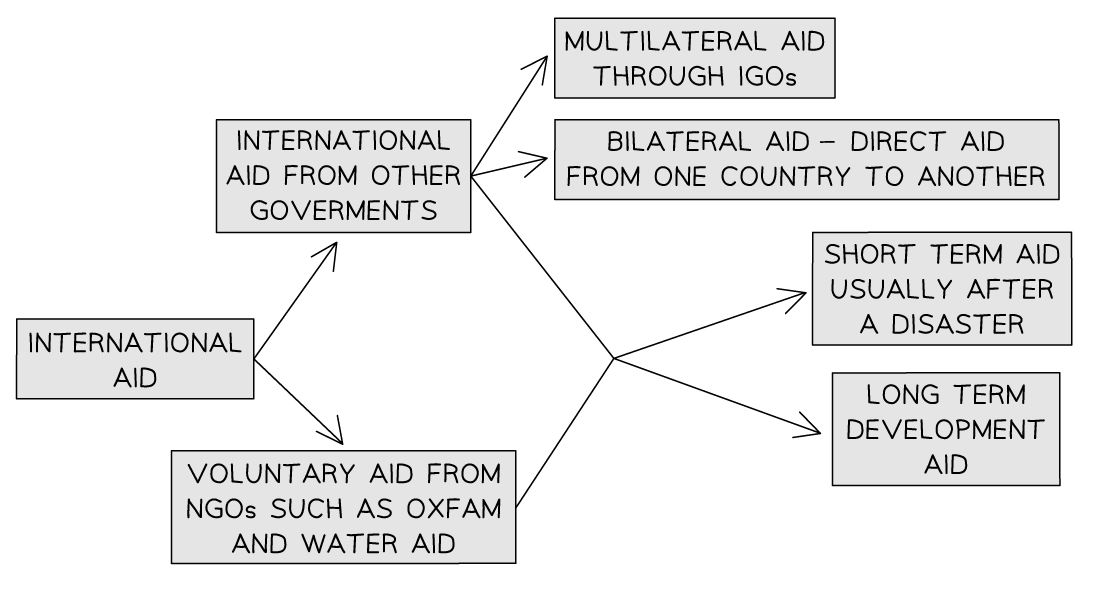Changing Industrial Structure
Case study on economic development in Nigeria – a newly emerging economy (NEE)
- Nigeria is important regionally and globally and is a multi-ethnic, culturally diverse federation
- Nigeria borders 4 countries: Benin, Chad, Niger and Cameroon in West Africa, just north of the Equator
- Three tribal groups dominate Nigeria, the Hausa in the north and Igbo and Yoruba in the south
- There are a number of different ethnic groups in Nigeria who have religious differences as some are Christian and others Muslim
- The religious conflict in Nigeria has led to the rise of the Boko Haram terror group
Barack Obama stated “Nigeria is critical to the rest of the continent and if Nigeria does not get it right, Africa will really not make more progress.”
Table of Regional and Global Importance of Nigeria
| Regional Importance | Global Importance |
|
|
Nigeria’s economy
-
- The 1950s discovery of oil in the Niger Delta, led to economic change and a transition from LIC to NEE
- Oil accounts for 14% of the country’s GDP and is of better quality than Middle East oil
- Often referred to as “Sweet Oil” due to the low amount of sulphur
- Present production rate of 2 million barrels each day gives roughly 50 years of supply left
- Nigeria's dependence on oil is vulnerable due to world oil prices and the rise in renewable energy technologies
- Nigeria’s economy is becoming more balanced with a shift from primary employment to growth in secondary and tertiary industries
Manufacturing sector
- Manufacturing accounts for 10% of Nigeria’s GDP
- Australia and Indonesia are the biggest customers of Nigerian cotton
- Cocoa and rubber are exported to Barbados
- It also manufactures processed foods, textiles, leather goods, soaps and detergents
- The growth of the manufacturing industries has led to economic development
- For example:
- Regular paid work provides a secure income
- More people are employed
- Revenue from taxes increase: providing education, healthcare and infrastructure
- A thriving industrial sector attracts foreign investment
- This stimulates further economic growth


